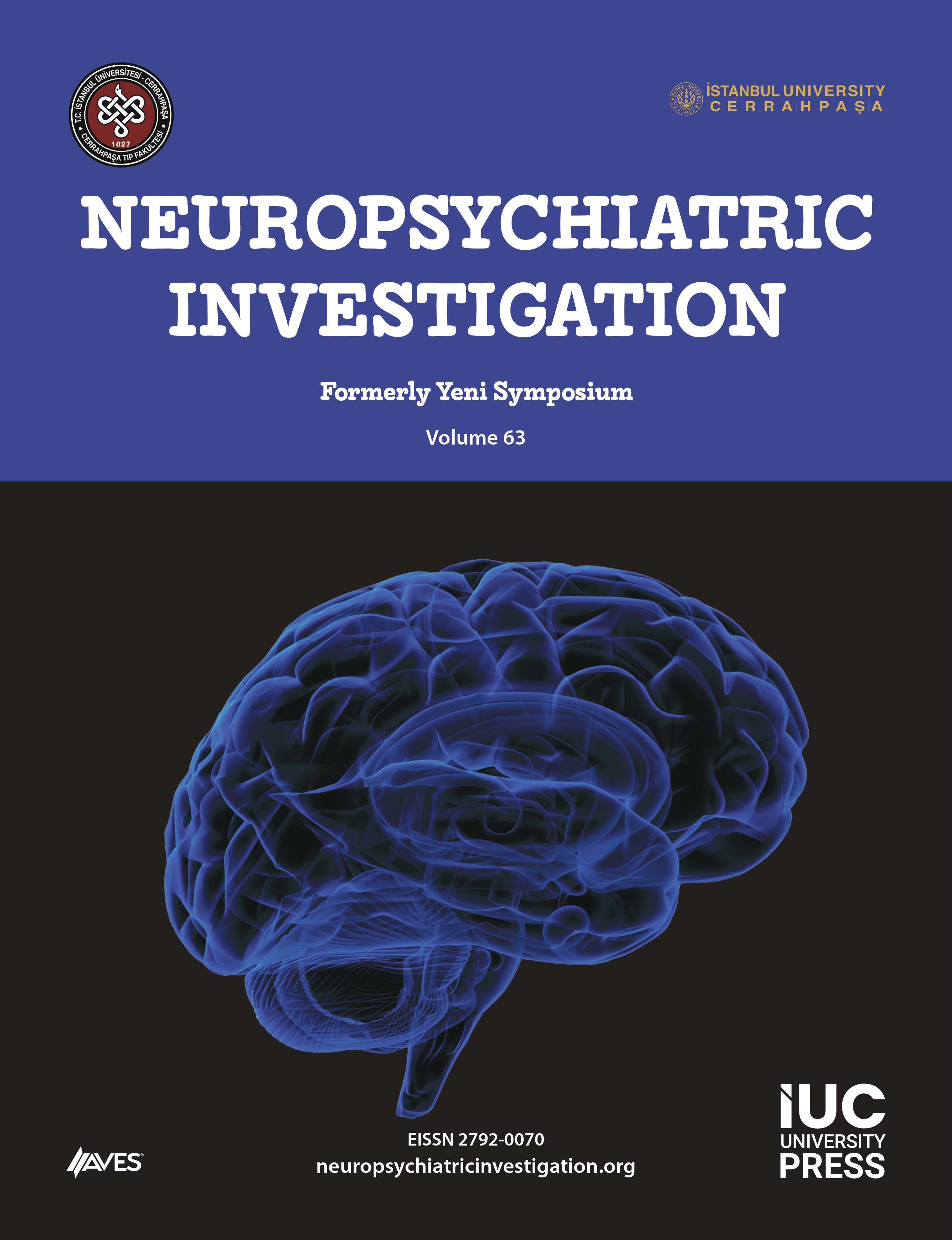Objective: The prevalence of depression in the community is thought to increase during the coronavirus disease 2019 (COVID-19) pandemic. It has also been suggested that suicidality increases with depression. The aim of this study was to investigate the comparison of perceptions and attitudes toward COVID-19 in patients with depression during the pandemic according to suicide severity and to make recommendations for possible future pandemics.
Methods: The study population consisted of adult patients diagnosed with major depressive disorder (MDD) in a psychiatric outpatient clinic. Data were collected between June 2021 and December 2022. Healthy controls were matched to the patients for age, gender, and income level. The COVID-19 Perce ption/Avoidance/Attitude Toward Vaccination Scales, Fear of COVID-19, Beck Depression Inventory (BDI), Generalized Anxiety Disorder Assessment (GAD-7), and Morisky Treatment Adherence Scale were administered. Two separate groups were formed according to the severity of suicidal ideation, taking into account the ninth item of the BDI. Scores of 0 and 1 were interpreted as no or not serious suicidal ideation, whereas scores of 2 and 3 were interpreted as serious suicidal ideation.
Results: The patient group showed significantly higher scores on COVID-19 dangerousness, contagiousness perceptions, and negative attitudes toward vaccination. Cognitive avoidance was higher in the patient group, whereas no difference was found for behavioral avoidance. The patients with MDD had higher Fear of COVID, Patient-Health Questionnaire-9, BDI, and GAD-7 scores. Female gender, unemployment, living alone, and low economic income were found to be risk factors for high suicidality. Fear of COVID-19 and depressive and anxiety symptoms were higher in the high suicidality group, but there was no significant difference in COVID-19 perception, attitudes toward vaccination, avoidance, or medication compliance.
Conclusion: In our study, patients with MDD were found to have increased perceptions of danger and contamination, negative attitudes toward vaccination, and higher levels of anxiety and depression. High suicidality was associated with certain characteristics, such as being female, living alone, being unemployed, and having a low income.
Cite this article as: Boylu ME, Kilic O. The comparison of perceptions and attitudes regarding coronavirus disease 2019 in depression patients based on suicidality severity. Neuropsychiatr Invest. 2023;61(3):87-95.




.png)